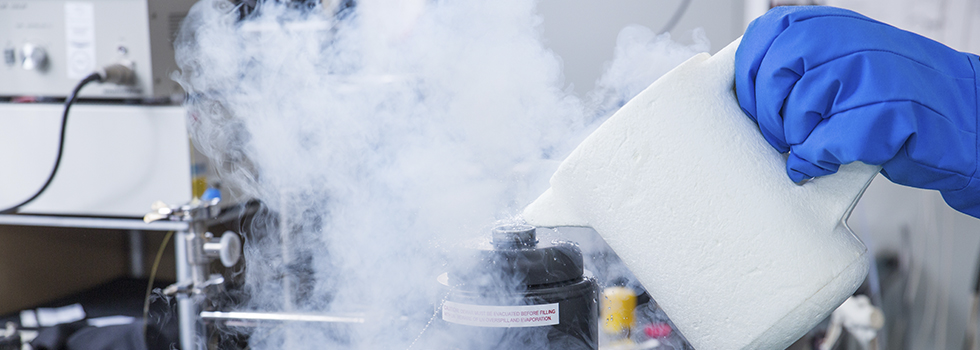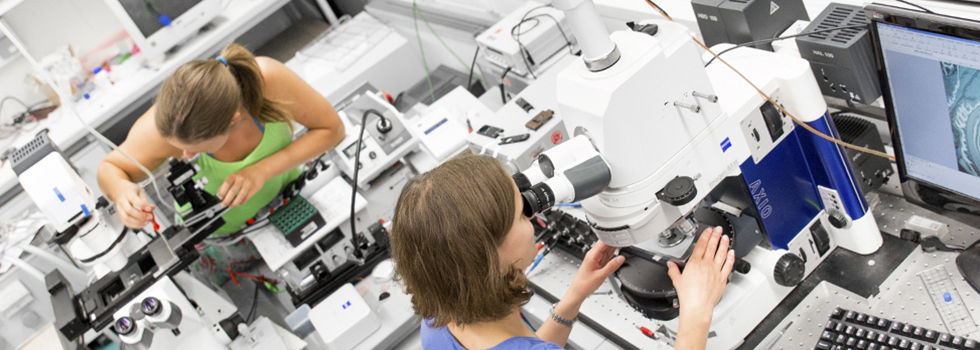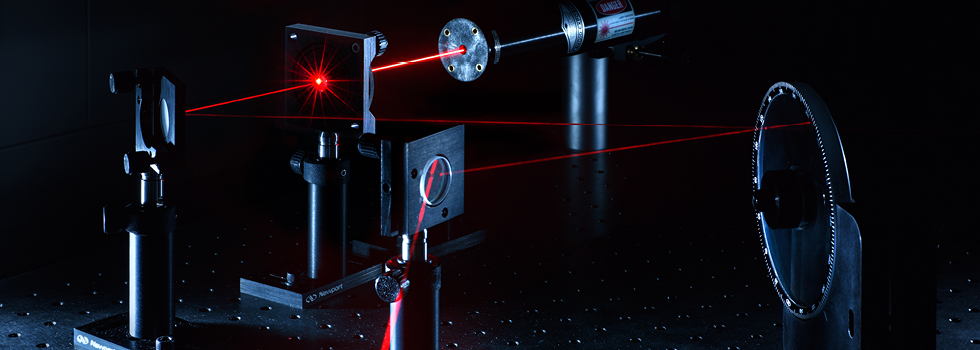Integrative Neurosciences
STUDY PROGRAMME
Integrative Neurosciences
Degree Conferred
Master of Science (M.Sc.)
Duration
4 Semesters
Enrollment
Wintersemester
Admission restriction
No restricted admission
Entry requirements
Bachelor degree in a relevant field (physics, biology, medicine, mathematics, and others) from an internationally recognized university. Students with other degrees and with a sufficient number of courses in biology, physics, inorganic and organic chemistry, and calculus may be considered on an individual basis. For a transition period, German students with a Vordiplom in a relevant area plus two additional semesters in a relevant Diplom programme may also be admitted. Proof of English proficiency (i.e., TOEFL, ETS, IELTS, ESOL certificate), for non-native speakers only.
Application deadline
Same application period for German and international applicants
über uni-assist
1 January until 15 March
Language
English
Objectives
The programme trains students for a professional career in basis and applied neuroscience. All courses are taught in English and the programme is aimed at both German and international students. Historically, the programme evolved from a German-style Diploma-programme in Neurobiology/Neuroscience, which had been offered since 1997. Integrative neuroscience considers neural components in their functional context. All levels of analysis are of interest: How do molecular and cellular components build functioning neurons and synapses? How do brain cells work together to form operational circuits? How do circuits jointly generate behavior and cognition? How are individual brains shaped by their interaction with other brains and with the natural environment? The master programme focuses on the neural basis of animal and human behaviour. The programme is research-oriented and covers an exceptionally wide range of neuroscience areas (molecular, cellular, systems, behavioural, cognitive, theoretical), but consists of comparatively few courses that are correspondingly intensive (3 to 5 hrs per week and course). In addition, the programme imparts quantitative and computational skills, which are increasingly important in all areas of neuroscience.
Career Perspectives
Research-oriented careers at universities and research institutes, in industry and public administration, specific areas of biomedical technology, including medical technology, bioinspired engineering, prosthetics, and bioinformatics. In some cases also scientific journalism and publishing.
Competencies and Interests Required
A solid foundation in natural sciences, pleasure in working independently and self-responsibly, and an intense interest in animal and human brain function.





